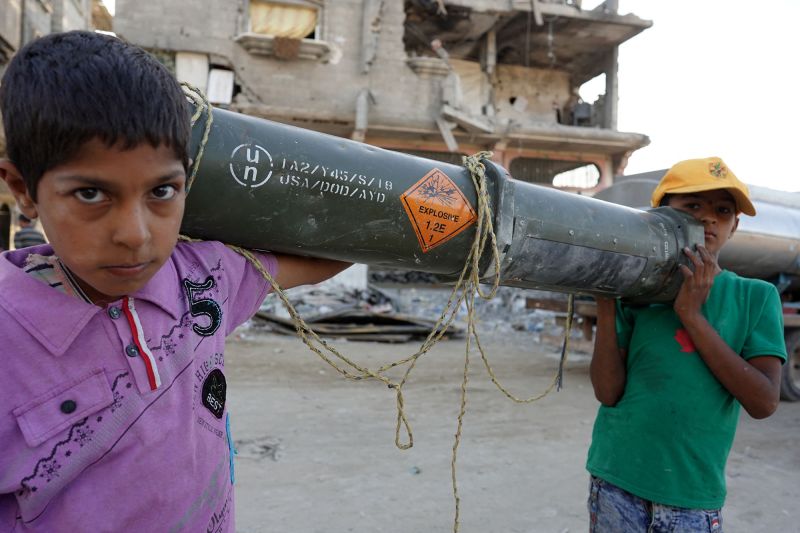
Unveiling the Source: Who Arms Israel?
Israel, a key player in the global arms trade, is as much a buyer as it is a seller of military weaponry. A significant portion of its arms supply comes from a variety of global sources, with the United States being the primary supplier, followed by domestic production, European countries, and other nations.
The United States, Israel’s primary arms supplier, provides a great deal of military aid and weaponry to Israel. This association extends back several decades, with the US aiming at ensuring that Israel maintains a competitive edge in the volatile Middle East region. The US-Israeli defense relationship is grounded in legislation that mandates the United States to maintain Israel’s qualitative military edge (QME) over neighboring countries. It is noteworthy that the U.S. provides Israel with annual military aid, known as Foreign Military Financing (FMF), the lion’s share of which is spent on procuring U.S. created defense equipment.
Israel also relies substantially on its domestic arms industry for weapons supply. Israel Aerospace Industries, Elbit Systems, and Rafael Advanced Defense Systems are few of the leading arms manufacturers in Israel enabling the nation to be self-reliant in numerous aspects of defense and security equipment. Israel’s homegrown defense industry not only fulfills its domestic needs but also contributes to the global defense market, exporting to countries around the globe.
European countries like Germany, Italy, and the United Kingdom have historically been substantial suppliers of various defense equipment to Israel. Germany, in particular, has provided Dolphin-class submarines, while Italy has supplied M-346 Master advanced jet trainers. United Kingdom firms have also supplied various components used in defense production.
Additionally, Israel at times has secured weapons from a variety of other countries and sources. For example, during the Cold War, countries under the then Soviet Union supplied arms to Israel, notably in the early years of the state pre-1967. Countries like Singapore and India have been known for their joint ventures with Israel in terms of defense equipment.
The countries and regions supplying Israel with weapons are influenced by a variety of factors such as political alliances, economic considerations, strategic decisions, and regional balances of power. It is fundamental to comprehend that these suppliers, as with any nation, reserve the right to review, modify, or discontinue their supply of weapons to Israel, depending on political and global realignments. Understanding the landscape of weapon suppliers to Israel provides insight into Israel’s defense capabilities, military readiness, and the broader geopolitical influences shaping the region’s stability.
